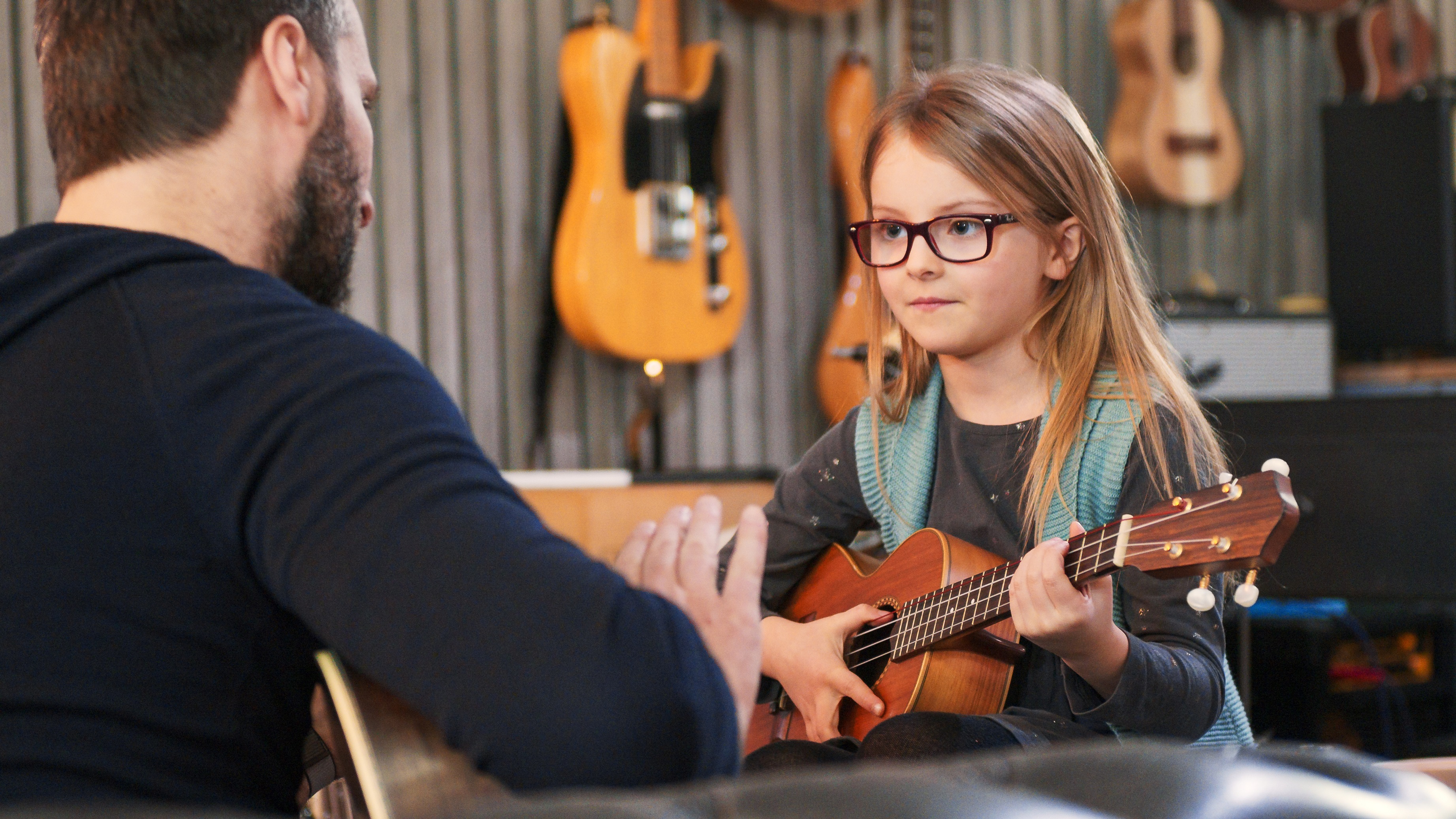
Whether during term-time or over school holidays, parental involvement can make a significant difference in a young musician’s progress. In communities such as the City of York and North Yorkshire, parents are encouraged to embrace high-quality music education by engaging with their children’s music lessons and reinforcing effective pedagogy at home.
When parents take an interest in their child’s musical development, it creates a positive feedback loop that promotes both personal and professional development. Active involvement in practice sessions helps young people internalize important musical concepts such as Music Theory, rhythmic accuracy, and even vocal teaching skills. Many music teachers advocate for a collaborative approach to practice—one where family members celebrate achievements and provide gentle guidance during challenges.
For parents, understanding the fundamentals of instrumental pedagogy can be as rewarding as it is challenging. Reflective practice at home—where progress is regularly reviewed and practice goals are set—can transform a simple practice session into a meaningful learning experience. Resources provided by community arts programs and initiatives like the York Music Hub can offer parents tips and strategies for fostering a supportive musical environment.
One of the keys to effective practice at home is finding the right balance between structure and creative freedom. While regular, scheduled practice sessions help reinforce technical skills, it is equally important to allow young people to experiment and explore different aspects of music making. Parents can support this by encouraging activities such as improvisation, collaborative ensemble playing, or even dabbling in Music Technology projects that integrate digital recording and playback.
For example, a typical home practice session might include a warm-up routine focused on scales and arpeggios, followed by time dedicated to playing favorite pieces or experimenting with new chords. This routine not only meets the entry requirements for many structured music lessons but also nurtures personal development and reflective practice—qualities that music teachers emphasize during term-time and in formal instruction.
Parental involvement in practice also opens up channels for communication between students and their music teachers. By staying informed about the curriculum—ranging from Music History to Music Theory—parents can offer informed encouragement and help bridge any gaps between home practice and classroom instruction. Many educators in music education york programs encourage regular feedback sessions, where parents and students discuss progress and set new goals. This reflective practice supports professional development for both the student and the instructor, reinforcing the idea that music teaching is a collaborative process.
Furthermore, the modern landscape of music education now often includes social media and online communities. Parents can join these platforms to share experiences, learn new strategies, and even connect with other families in community arts programs. These interactions not only enhance writing skills and reflective practice but also create a supportive network that benefits the entire family. Whether through structured activities or spontaneous music making, the role of parents is central to nurturing a lifelong passion for music.
The long-term benefits of parental involvement in music practice extend well beyond technical proficiency. A supportive home environment contributes significantly to personal development, instilling values such as discipline, patience, and resilience. By working alongside their children, parents help create an atmosphere where mistakes are seen as learning opportunities and every practice session is a step toward mastery. This approach to music teaching is central to effective pedagogy and has been highlighted in research from the British Journal of Music Education as essential for cultivating young talent.
Ultimately, when parents become active participants in their children’s musical journeys, the results can be transformative. Not only do students develop stronger technical skills, but they also gain confidence and a deeper appreciation for music making. In communities like the City of York and across North Yorkshire, the collaborative efforts of parents, music teachers, and community arts organizations continue to elevate the standards of high-quality music education.